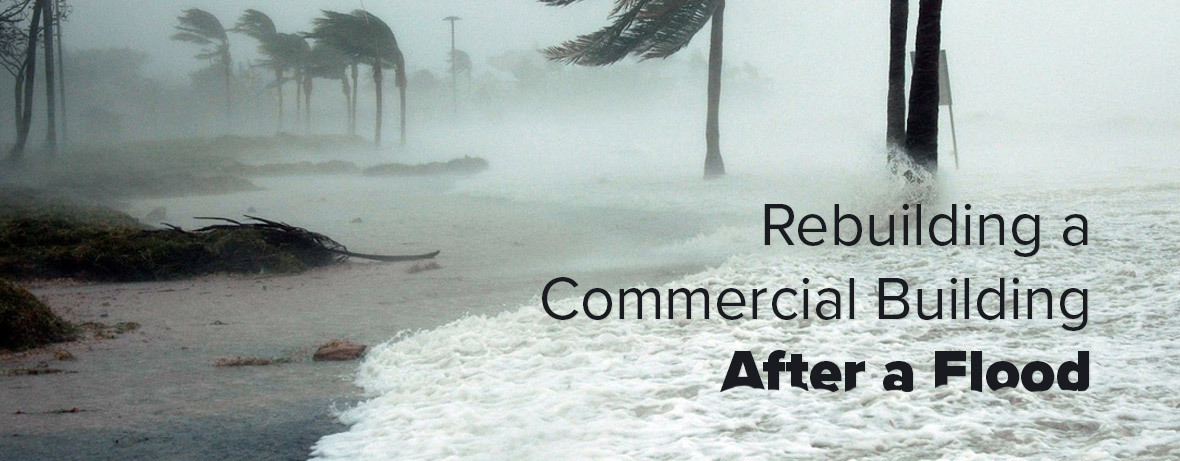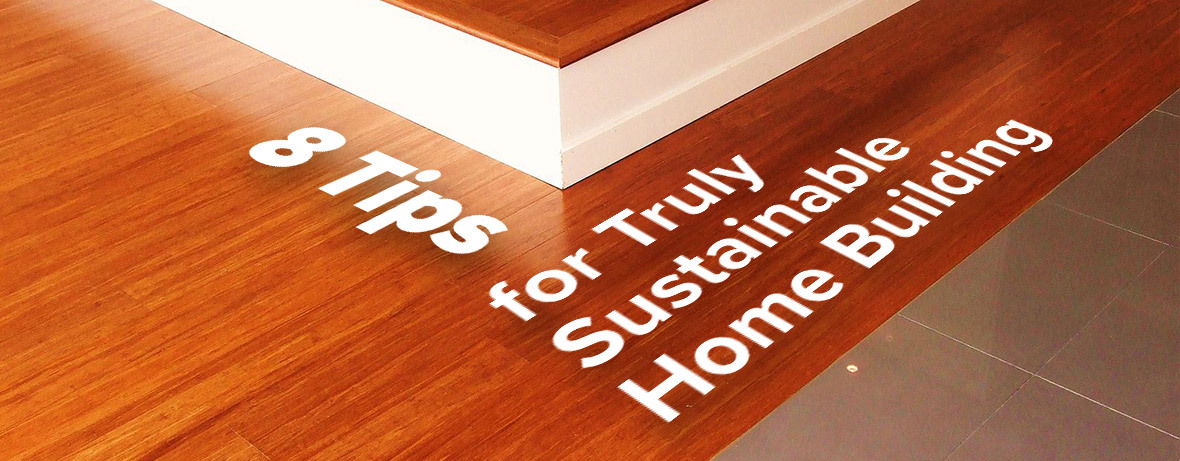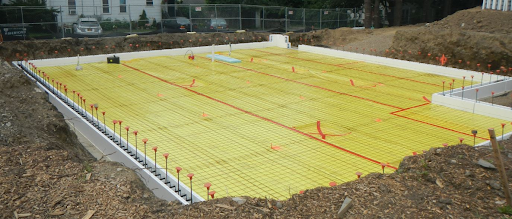
13 Must Haves for Medical Building Construction

Rebuilding a Commercial Building After a Flood

The Best Framing Option for Texas Coastal Homes

What is a Frost Wall? 5 Tips to Maximize Insulation

8 Tips for Sustainable Home Building

Understanding the Construction Process for an ICF Home Addition

Utilizing Insulated Concrete Forms (ICFs) for Construction in Wyoming

Living with a Safe Foundation

Are Poured Basement Walls Better than CMUs for Below-Grade Construction?

How to Integrate an HVAC System with ICF Construction